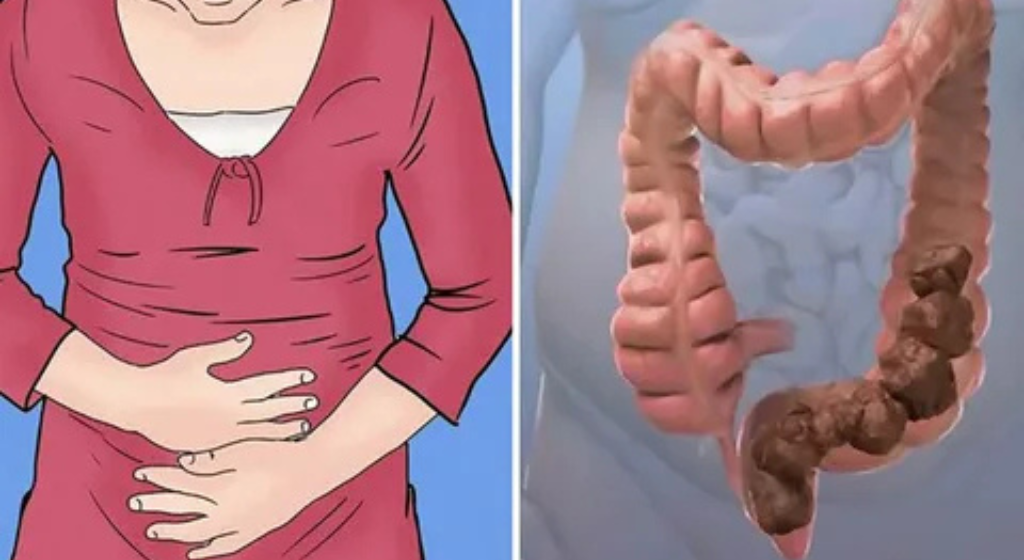Fecal impaction, or hardened stool, can develop in the colon in cases of severe constipation, causing significant discomfort and difficulties with bowel movements. If left untreated, impacted stool can create serious problems in the intestines. This article will explain how to cleanse the colon of impacted stool and prevent related symptoms.
How to Cleanse the Colon from Impacted Stool
When stool becomes hardened in the colon, it creates an uncomfortable and sometimes painful condition. Fortunately, there are several methods to address and clean the colon of impacted stool:
1. Laxatives
Laxatives, such as oral pills or suppositories, can be an effective treatment for constipation that leads to stool impaction. They help soften the stool and facilitate its passage.
2. Manual Stool Removal
If laxatives and suppositories fail to resolve the issue, a healthcare provider may need to manually remove the impacted stool by hand as a direct method of cleansing the colon.
3. Enemas
Enemas are another option to cleanse the colon. They involve injecting a liquid into the rectum that moistens the impacted stool, making it easier to pass. A doctor may use this method alone or in combination with manual stool removal.
4. Water Irrigation
Water irrigation involves the use of a tube connected to a device that pumps water into the colon through the rectum. This softens the hardened stool, increasing the chance of its expulsion.
Causes of Fecal Impaction
Several factors can lead to fecal impaction, and understanding these causes is crucial for prevention:
1. Chronic Constipation
Prolonged constipation can cause stool to harden in the colon, making it difficult to pass.
2. Overuse of Laxatives
Frequent use of laxatives can make the body dependent on them for bowel movements, leading to more severe constipation and fecal impaction.
3. Lack of Physical Activity
A sedentary lifestyle without regular movement can indirectly contribute to constipation and, subsequently, hardened stool.
4. Intestinal Muscle Damage
Damage to the intestinal muscles, often caused by nerve disorders, can impair normal bowel function and increase the risk of fecal impaction.
Preventing Fecal Impaction
Prevention is always better than treatment. Here are some effective strategies to prevent fecal impaction:
- Stay active by engaging in regular physical exercise.
- Follow a diet rich in fiber.
- Drink plenty of water to stay hydrated.
- Avoid delaying bowel movements when the urge arises.
- Refrain from consuming alcoholic beverages.
By following these simple guidelines, you can help prevent stool impaction and maintain better colon health

